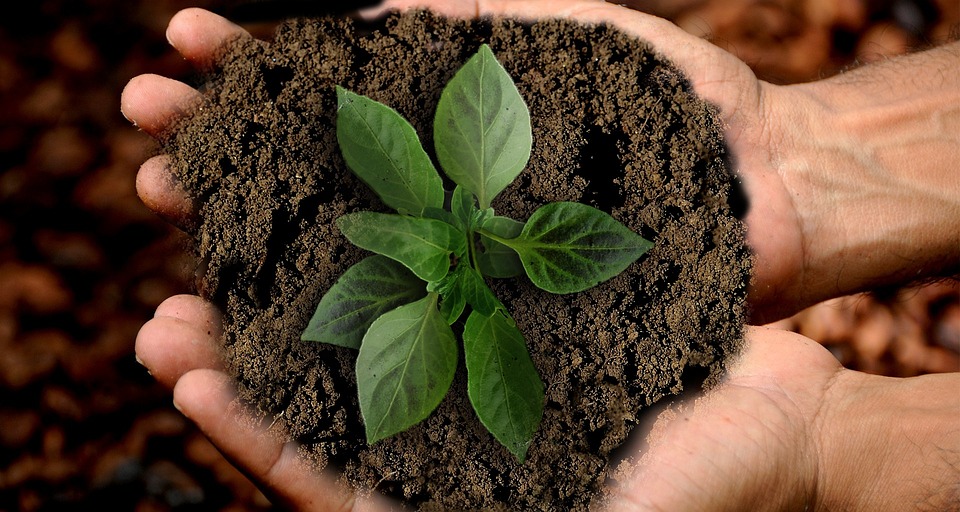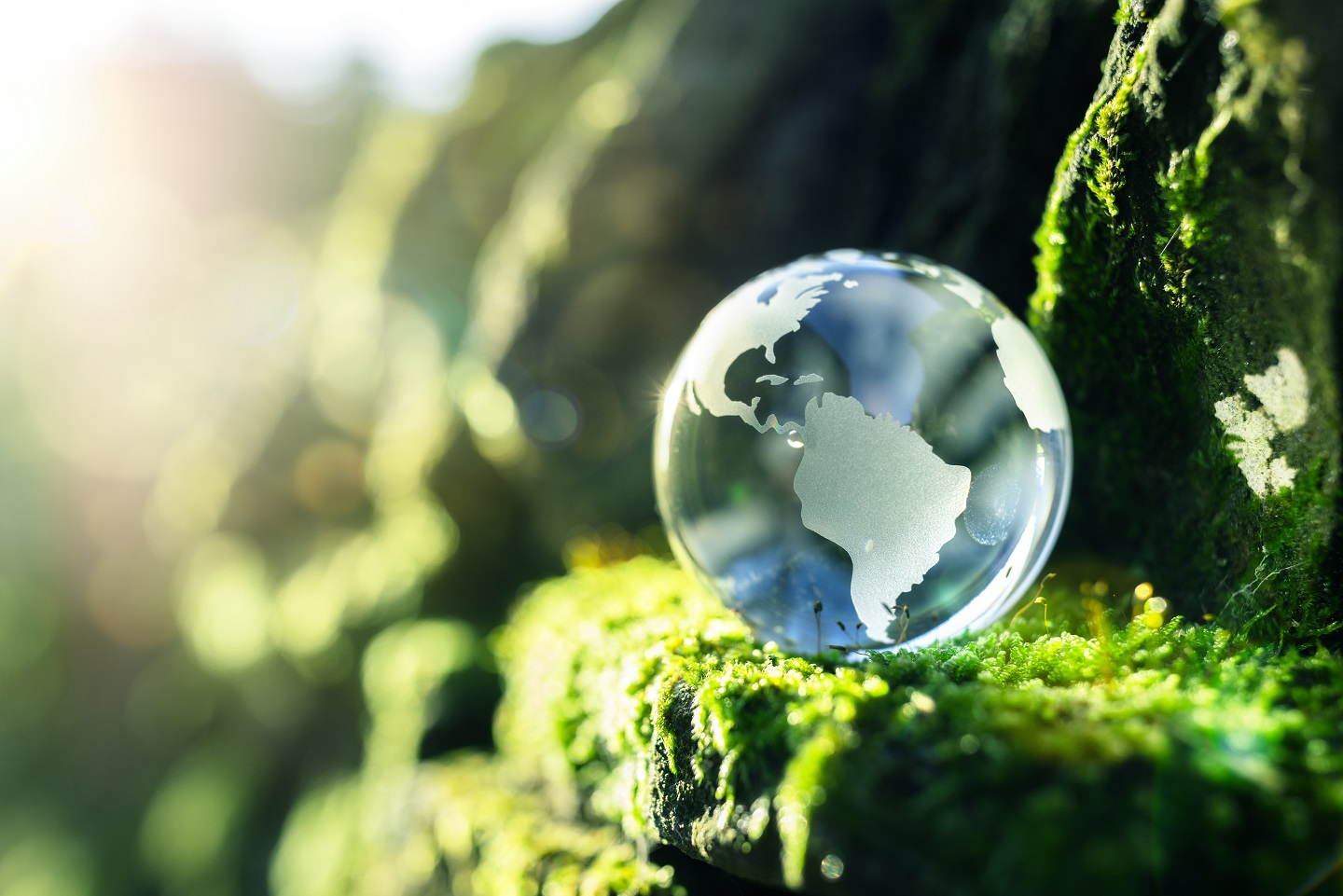“Sustainability” is the term that has become very, very popular in the media, in academic circles and among peers (even if most still can’t grasp the real meaning of “sustainability”).
A high-quality product is no longer enough to win a consumer’s favor. People want more than just quality; they are looking for products and brands that align with environmental values. Today, if a product is not labeled as “organic” or “sustainably-grow”, it will stay on the shelf in the grocery aisle. The same goes for suppliers. In the face of climate change and global warming, companies, including the fashion industry, which is the greatest culprit when it comes to pollution, are convinced that the more sustainable they become, the more they strive and erode competitiveness.
There’s no denying it; sustainability has surpassed the trend of Keto diets, Denim jeans and TikTok videos.
However, while the whole world is pitched in this battle, what about Christians?
As a firm believer and follower of Christ, I’ve often wondered if I should get involved in this quest for sustainability. Should I start buying designer brands because of the message “Without sacrifice” that they tell to the world? Or, should I start making expensive sustainable products my personal priority?
When I think of Romans 12: 2 (Do not conform to the pattern of this world, but be transformed by the renewing of your mind), James 4:4 (don’t you know that friendship with the world means enmity against God?) or 1 John 2:15 (Do not love this world nor the things it offers you, for when you love the world, you do not have the love of the Father in you), my answer to the above questions becomes a big no. But, the following arguments might prove the opposite.
We Were Tasked to Steward the Earth’s Resources

“Then God said, “Let us make humankind in our image, according to our likeness; and let them have dominion over the fish of the sea, and over the birds of the air, and over the cattle, and over all the wild animals of the earth, and over every creeping thing that creeps upon the earth.”
– From Genesis 1:26
“The Lord God took the man and put him in the Garden of Eden to till it and keep it.”
– From Genesis 2:15
When God created water, animals, plants and the land, He created them for us to use. Now, yes, we are to use these various resources, but we are also meant to use them in a way that will preserve and sustain these valuable resources.
The environment was not created by man, but by our Heavenly Father and as His children, we are not meant to work against but for His creation.
God’s Detailed Sustainable Plan in the Book of Numbers
 I came across this fascinating perspective as I was reading a book.
I came across this fascinating perspective as I was reading a book.
If you go back and read Numbers 35, you’ll find all the details of the amount of pasture land each town back then was supposed to have.
This was God’s command to His people:
“You shall measure, outside the town, for the east side two thousand cubits, for the south side two thousand cubits, for the west side two thousand cubits, and for the north side two thousand cubits, with the town in the middle; this shall belong to them as pasture land for their towns.”
– From Numbers 35: 5
When modern experts like Milgrom analyzed this geographical layout, they found that the town planning model could establish a social-economic structure that could lead to rising productivity while creating conditions for sustainable economic growth.
But, let’s recall that this sophisticated idea was not from a man but from God. Now, it’s up to believers to draw their conclusion from this Biblical scripture.
